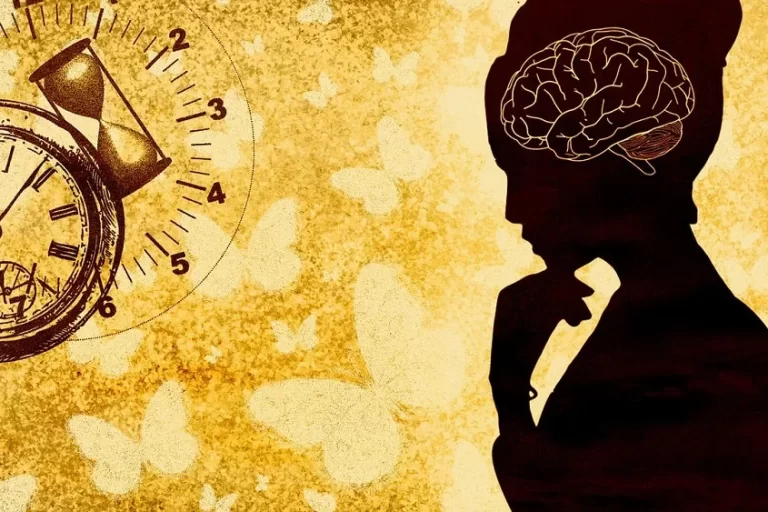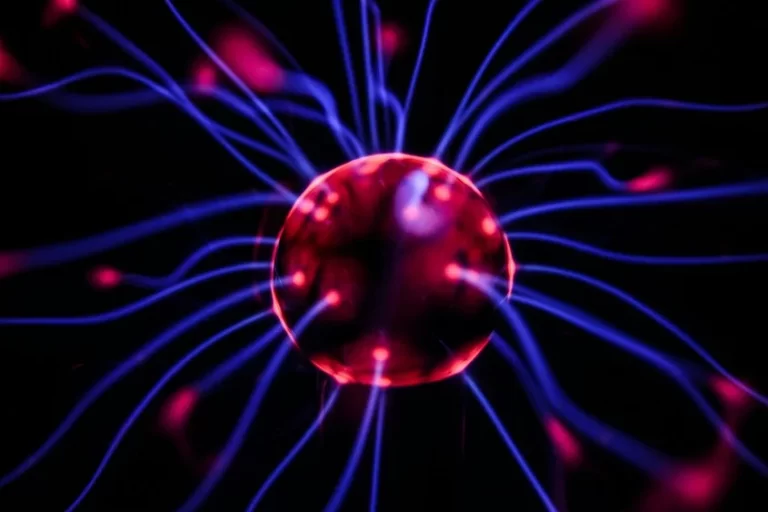Browsing: Brain and Neurological Conditions

Your brain constitutes the control mechanism of your body. It’s part of your nervous system, which also includes the spinal cord and a large network of nerves and neurons. The nervous system controls everything in your body.
When your brain is damaged or diseased, it can affect your memory, your sensation, your personality, and even your entire quality of life. Nervous system disorders (Nervous system diseases) include any conditions or disabilities or problems that affect your brain or nervous system and comprise brain diseases as well.
Brain and nervous system problems are quite common. These neurological disorders include Alzheimer’s disease, Parkinson’s disease, multiple sclerosis, epilepsy, stroke, depression, autism, etc.
This page provides quick access to a list of common diseases, syndromes, health conditions, and other topics of health importance related to your brain and nervous system. The list is organized alphabetically. Links are provided to respective disease ecosystems that serve as a comprehensive and ultimate guide about the disease or health condition. Keep reading!
Breaking the Stigma: Talking About Addiction and Mental Health
Key Takeaways Understanding addiction and mental health helps reduce societal stigma and promote recovery effectively. Open communication is crucial for…
Unlocking the Power of Mind-Body Wellness: How Nutrition Can Impact Your Mental Health
The connection between physical and mental health cannot be denied, yet it is often overlooked. The mind-body connection plays a…
What To Do When Your Mental Health Takes A Hit
We are all vulnerable to mental health issues. There are many possible causes of mental health disorders ranging from trauma…
Alzheimer’s Care Genetic Testing and Personalized Plans
When it comes to Alzheimer care and treatment, the most important step is the first one you take and that…
DMT Side Effects and Risks: A Comprehensive Guide
The Allure and Peril of DMT DMT, or dimethyltryptamine, is a powerful psychedelic often linked to intense spiritual experiences. Though…
Simple Strategies to Give Your Mental Health a Boost
We all have days when we feel stressed, overwhelmed or exhausted. It’s beneficial to have a toolkit or a set…
Photo by Andrea Piacquadio Taking the time to take care of your mental health is just as important as taking…
Everyone has those down moments in life at some point or another. These may be due to things like job…
Late Diagnosis In Female Adults: Why Is It Happening And What Can We Learn?
More women are currently being diagnosed with autism during adulthood than ever before, and many experts are touting a ‘missed…
Boosting Brain Power By Enhancing Cognitive Function in Your Patients
Healthcare professionals are continually searching for effective strategies to promote cognitive function. As our patients age or face cognitive challenges,…













